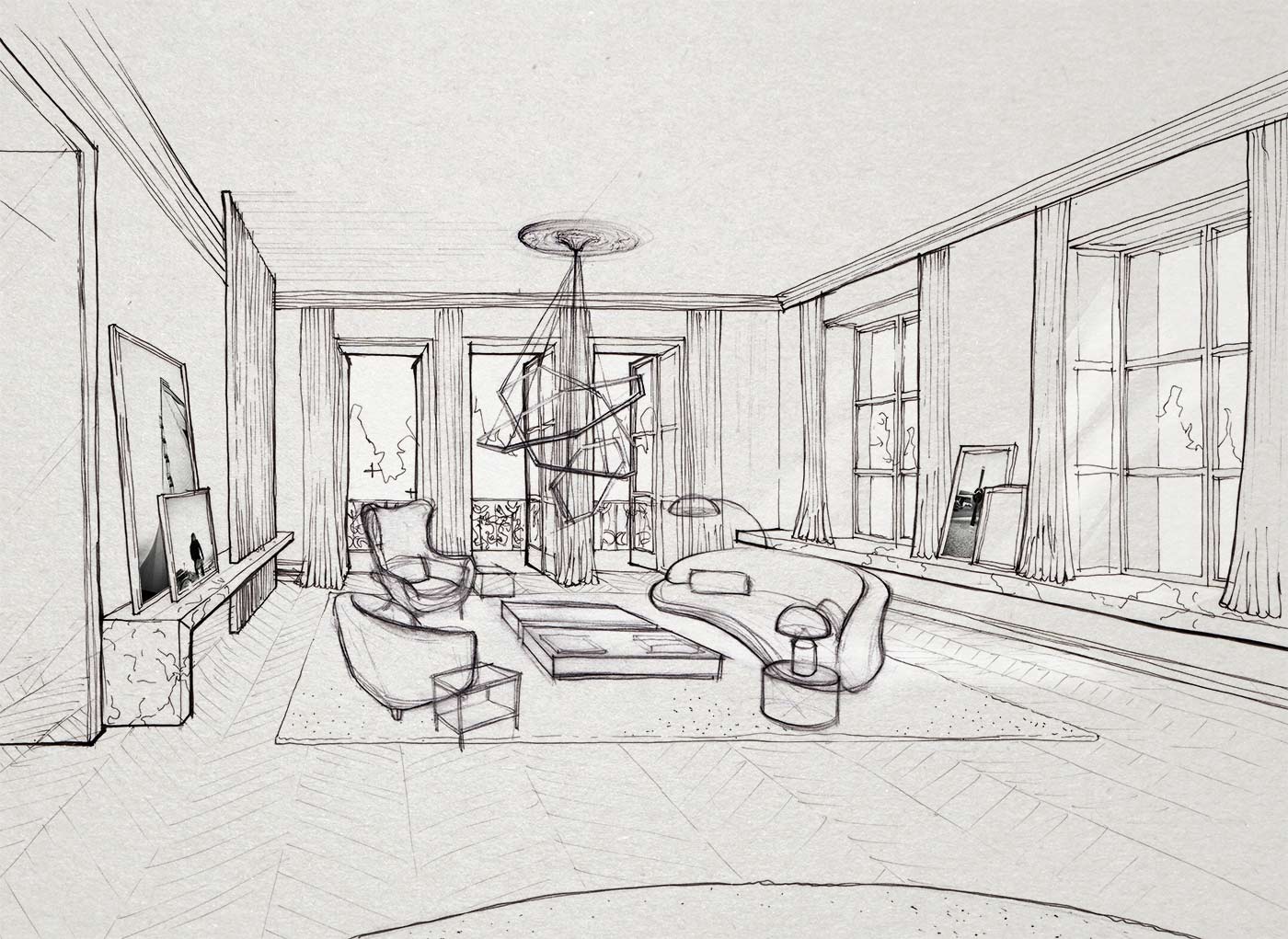Table Of Content

With thoughtful features that make mundane tasks easy, and an intuitive interface that won’t interrupt your flow, you’ll do amazing things with Sketch. They will save time and will enable you to create more clickable, high-quality prototypes. Add the explanatory elements that will clarify non-obvious details. Analyze the history, design an alternative flow, and sketch it.
Stages of Use for Product Design Sketches
Such drawings are not realistic or academic, although this technique allows greater freedom in style and manner of drawing. At the same time, it is possible to accentuate any elements and draw them in detail. If you’re working with a client on a new project, sketching can help you better understand their needs and make sure that they’re getting what they want out of the design process.
Topics in This Article
Drawing isn’t mandatory for all designers but it helps in communicating their thoughts more effectively during brainstorm sessions or when explaining an idea visually. Sketching not only facilitates clearness and avoids misapprehensions, but also ensures that all staff members are aware of what is to be accomplished. Learning these skills is key to creating dynamic and compelling artwork. Ballpoint pens can give control over line thickness based on pressure application – great for adding details or depth in your sketches.
Taking Control With Pencil Or Pen Holding Techniques

It’s up to you to choose tips and techniques that will be the best fit for your project and your approach to design. Do you have any additional sketching tips for fellow UXers? UX sketching is a crucial, yet often overlooked, aspect of user experience design. Sketching is a very efficient way of communicating design while allowing designers to try out a multitude of ideas and iterate them before settling on one. How to Draw Sections (on Spheres + Ellipsoids) When we love drawing, I believe we have the DNA of a geek.
Renderings for Realistic Representation
Sketch: a design history of London's most famous restaurant - Wallpaper*
Sketch: a design history of London's most famous restaurant.
Posted: Tue, 13 Dec 2022 08:00:00 GMT [source]
Creative Bloq is part of Future plc, an international media group and leading digital publisher. "In these examples [above], you can see that the softer, low-value contrast piece enables the eye to wander and doesn’t define an area of focus," Von Rueden adds. "While the area of focus in the high-value contrast piece rests on the darkest darks against the lightest lights." A good starting point is to consider if the texture is rough or smooth, and then if it absorb or reflects light. For more advice, read our article on how to hold a pencil correctly. Tracks ad performance and user engagement, helping deliver ads that are most useful to you.
Interactive presentations captivate the audience and leave a lasting impression. Sketches can serve as the foundation for iterative prototyping. By building upon initial sketches, designers can create low-fidelity prototypes that simulate user interactions and test different design solutions.
Here are some ways to enhance your sketches with color and rendering. Three-point perspective adds an additional vanishing point above or below the horizon line, creating a more extreme sense of depth and distortion. It is often used to portray objects from a high or low viewpoint, such as towering skyscrapers or sprawling landscapes. Three-point perspective can add a sense of drama and impact to sketches. Pens offer a more permanent and bold line compared to pencils.
These degree programs—offered entirely online and completable in one year—are ideal for working professionals and offer an immersive, rigorous curriculum optimized for distance learning. Browse through the thousands of high quality vector images to use in your project. All images are open source and available for use in professional and commercial artwork. Add your own vector or raster images by dragging and dropping them right into the Sketchpad interface. It allows you to think outside the box and be more creative.
Concept art
Collaborative sketching sessions encourage open dialogue, idea sharing, and cross-pollination of concepts, leading to innovative and well-rounded design solutions. Ideas often start abstract – full of potential but hard to grasp. In essence, they take raw input (ideas) and translate them into tangible output (sketches). If you’ve ever tried to build a piece of IKEA furniture without looking at the manual, then you know how important visual aids can be.
They add more details, make adjustments, improve proportions – all while maintaining the essence of your initial idea. This phase also sees extensive use of digital tools such as CAD models which bring us one step closer towards actualizing our dream products. Moving forward to the configuration stage where details begin taking shape – similar to pieces coming together in a puzzle game.
Product design sketching is a way to visualize and communicate your ideas. It’s about drawing your product concepts before they’re built. Sketching is a universal language in product design, translating abstract ideas into tangible concepts. Much like an architect’s blueprint, these sketches are the first drafts of innovative designs that can be more deeply explored without wasting resources on impractical versions. They not only boost internal communication during project planning but also help dodge expensive mix-ups down the line by making sure everyone gets the final aim.
For example, in case the flow has changed, you can just change the order of your post-it notes. Last November, the course Sketch like the Pros was launched. I was glad to see how it gather an infinite number of unique profile who have all in common the passion for Design sketching.

No comments:
Post a Comment